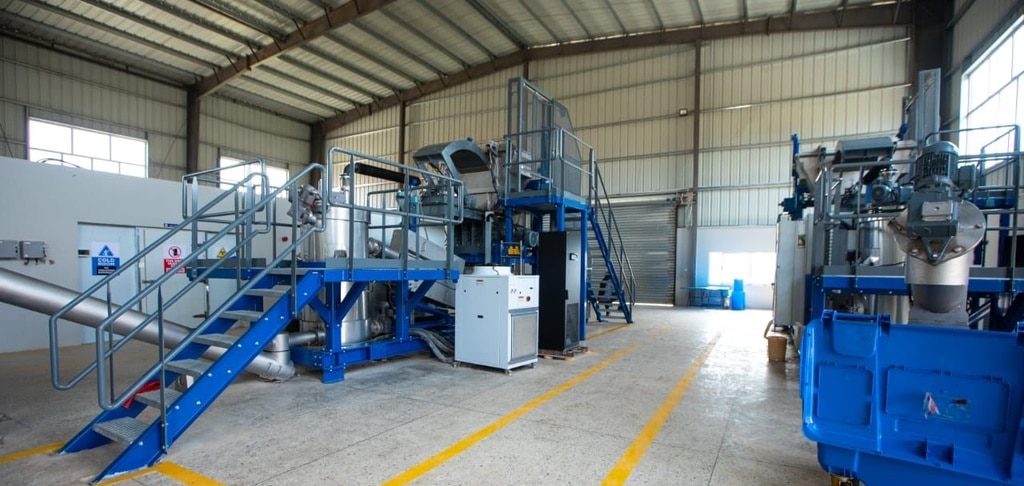The level of pollution from medical waste is set to fall in Kumasi, Ghana. On 15 July 2023, Ghana’s Deputy Minister of Health, Mahama Asei Seini, inaugurated the first medical waste treatment plant in the city and capital of the Ashanti region. The new facility has a capacity of 10,000 kg per day.
According to Ghana’s Medical Waste Management Services (MWSL), the Kumasi plant will be used to treat hazardous medical waste collected in and around the Ashanti region, including used syringes, blood-stained materials, pathological waste, Covid-19 waste and waste from vaccination exercises. Some of this waste will be recycled. The aim is to safeguard public health and protect the environment with a view to accelerating sustainable development. “Over the past two years, Ghana has distributed more than 22 million vaccines, excluding vaccines for children. Managing this waste is a challenge for the service,” explains Patrick Kuma-Aboagye, Director General of the Ghana Health Service.
Construction of 13 other medical waste treatment plants
To treat this hazardous waste, the Kumasi plant has two state-of-the-art microwave treatment units. The non-incineration technique employed by the equipment ensures that no atmospheric pollutants are released, reducing health risks and air pollution. In addition, the facility has a cold room for storing waste, and parking for specialised lorries for transporting medical waste from the various health establishments to the treatment site.
Read Also – GHANA: Government signs with Zoompak for medical waste management
The Jospong Group, whose subsidiary Zoomlion provides public waste management in Ghana, is behind the medical waste management project in Kumasi, which is expected to generate more than 200 direct and indirect jobs for members of the community. The initiative is part of a wider programme to equip 14 towns in Ghana with medical waste treatment plants.
Inès Magoum
